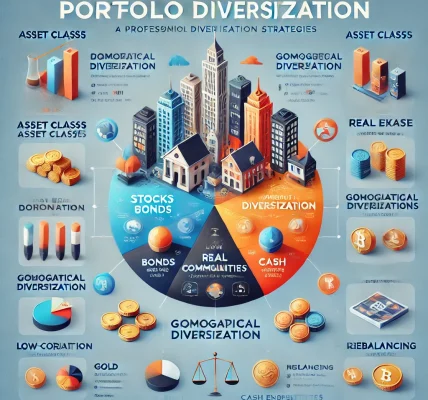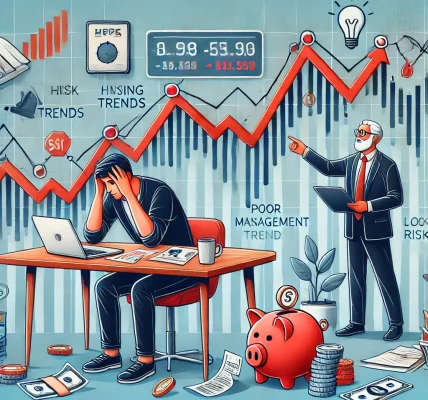The stock market is a dynamic ecosystem, where prices fluctuate due to supply and demand, market sentiment, and external events. Among the key players ensuring its smooth functioning are market makers. Their role is crucial in maintaining liquidity and stability, making them indispensable to the financial markets. In this blog, we’ll delve into the vital role market makers play in stabilizing stock prices and ensuring market efficiency.
Who Are Market Makers?
Market makers are financial intermediaries, often large brokerage firms or specialized trading companies, that facilitate the buying and selling of securities. They operate by quoting both a buy price (bid) and a sell price (ask) for a stock, thereby ensuring continuous trading.
Their primary objective is to create liquidity in the market by standing ready to buy or sell shares at publicly quoted prices. This makes it easier for investors to trade without significant price disruptions.
How Market Makers Work
Market makers maintain a constant presence in the market by:
- Providing Two-Way Quotes:
- Bid Price: The price at which they’re willing to buy a stock.
- Ask Price: The price at which they’re willing to sell a stock.
The difference between these prices is known as the bid-ask spread, which serves as their profit margin.
- Facilitating Transactions:
- If there’s no immediate counterparty for a trade, market makers step in to complete the transaction.
- For example, if an investor wants to sell 1,000 shares but there’s no immediate buyer, the market maker purchases those shares, ensuring the trade is executed.
- Holding Inventory:
Market makers hold an inventory of stocks to facilitate transactions. They manage their holdings carefully to minimize risk while maintaining liquidity.
The Role of Market Makers in Stock Price Stability
- Ensuring Liquidity:
Liquidity refers to the ease with which a stock can be bought or sold without causing significant price changes. Market makers ensure there are always buyers and sellers available, preventing large price swings.Example:
In thinly traded stocks, a lack of liquidity can lead to price volatility. Market makers fill this gap by providing constant buy and sell quotes, stabilizing prices. - Reducing Volatility:
Market makers dampen price volatility by absorbing excess supply or demand. If a stock experiences a sudden surge in sell orders, the market maker can step in to buy shares, preventing the price from dropping sharply. - Narrowing the Bid-Ask Spread:
By offering competitive bid and ask prices, market makers reduce the cost of trading for investors. A narrow spread signifies a healthy and stable market. - Facilitating Price Discovery:
Market makers help establish fair market prices by continuously updating their quotes based on market conditions. This process ensures that stock prices reflect the true value of the underlying asset. - Supporting Smaller Stocks:
Stocks with low trading volumes are prone to higher volatility due to limited participation. Market makers play a crucial role in stabilizing these stocks by providing liquidity and ensuring smooth trading.
Challenges Faced by Market Makers
- Managing Risk:
Market makers bear the risk of holding inventory, especially during volatile market conditions. Significant price movements can lead to substantial losses. - Technological Competition:
With the rise of algorithmic and high-frequency trading, market makers face competition from automated systems that operate at lightning speed. - Regulatory Oversight:
Market makers are subject to strict regulations to ensure they operate transparently and fairly. Adhering to these rules can be complex and resource-intensive.
The Importance of Market Makers for Retail Investors
For retail investors, market makers provide several advantages:
- Smooth Transactions: Trades are executed quickly and efficiently, even during periods of high market activity.
- Fair Pricing: The presence of market makers ensures that prices remain competitive and reflective of true market value.
- Reduced Costs: Narrow bid-ask spreads lower the cost of trading, benefitting small investors.
Future of Market Makers
As technology evolves, the role of market makers is also changing. Artificial intelligence and machine learning are being integrated into trading systems, making them faster and more efficient. However, the fundamental role of ensuring liquidity and price stability remains unchanged.
Final Thoughts
Market makers are the unsung heroes of the stock market, ensuring stability, liquidity, and efficiency. Their continuous efforts to balance supply and demand help create a seamless trading experience for all participants. Understanding their role can provide valuable insights into how the stock market functions and why it remains a reliable platform for investment.



